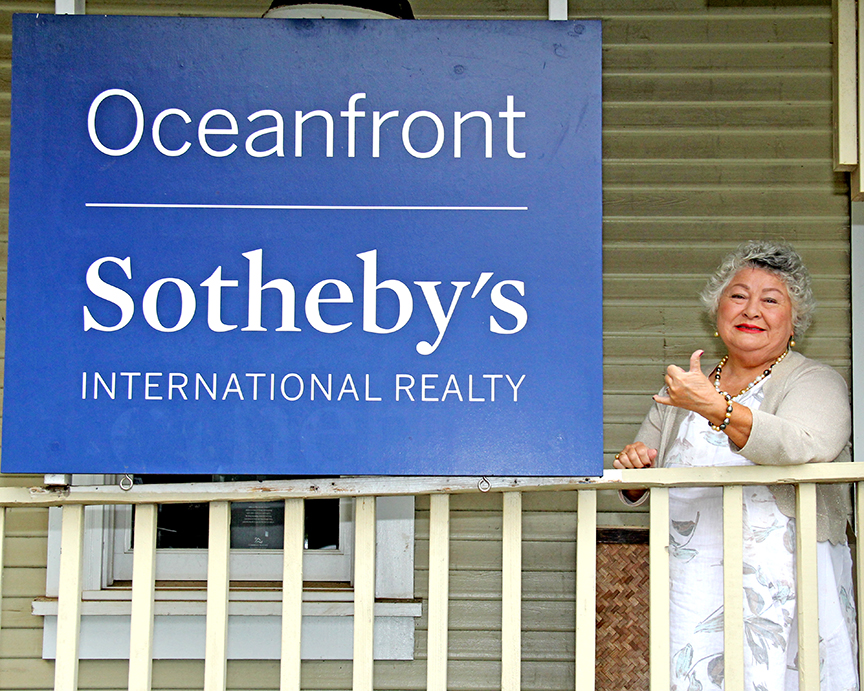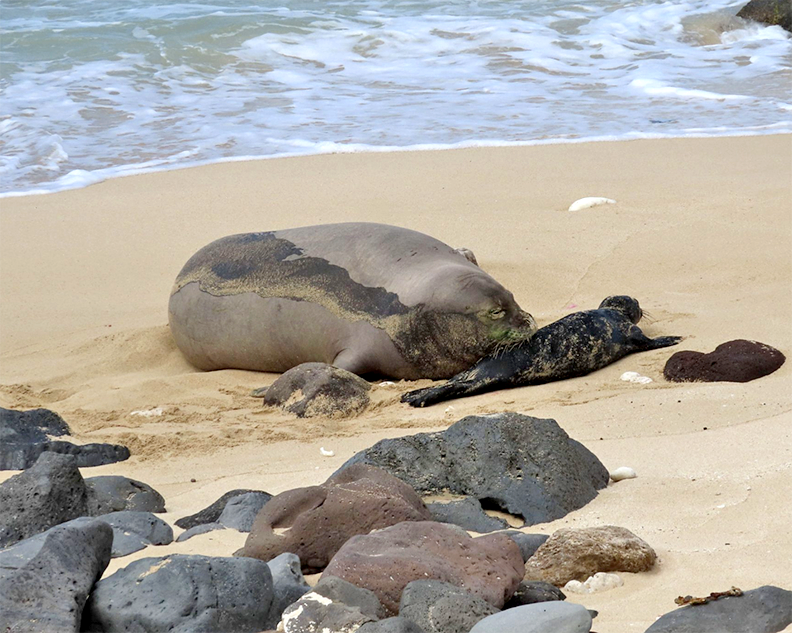By Léo Azambuja

Syrian children are seen here in the Great Mosque of Aleppo, Syria, on Sept. 15, 2010, a few months before the Syria civil war started. Photo by Yeaowatzup
Labeling human beings is the most effective way to create a divide, desensitizing people about the human suffering and also to push political agendas.
What if instead of reporting on terrorists, rebels, government officials, civilians, soldiers, jihadists, aid workers and so forth, the big media decided to call them simply human beings?
Here’s a little briefing.
Since the civil war in Syria started in 2011, more than 250,000 human beings have been killed. More than 11 million human beings — half of Syria’s population — have been displaced from their homes. More than four million of those human beings have fled the country, the majority on foot and under miserable conditions.
Meanwhile, in the United States, many human beings watch the news from comfortable couches, and either sympathize with or demonize those human beings desperately trying to survive somehow. Others simply don’t care.
Speaking of the U.S., in the past few months, tens of thousands of human beings have tuned in to a political debate between a few human beings — split in two groups claiming ideological differences — seeking to become this country’s next president.
For the sake of ideology, one of those human beings seeking office even suggested drones could be used to shoot those “things” (human beings) hiding in caves near the U.S.-Mexico border.
While this is going on, nearly half a million human beings are killed by homicide around the world each year, according to a 2012 United Nations report. In four out of every 10 cases, a human being is killed by a firearm triggered by another human being. In 25 percent of the cases, a human being kills another human being with a blade. The rest of the human beings are killed by strangulation, poisoning, etc.
The majority of human beings killed by homicide, 80 percent, are males, and they usually don’t know their killers. But when the issue is domestic violence, the vast majority of human beings killed are females, and most of the time, they are killed by a human being closest to them. Certainly, if females ruled the world we would be more peaceful.
It sounds horrible, doesn’t it? But do you get the point? Once we use human beings rather than labels, it’s hard to imagine we are doing this to each other.
It doesn’t matter what religion you believe, what political system you favor, your culture, gender, skin color, if you like to wear a skimpy bathing suit or cover your whole body or even wear no clothes at all, if you’re gay or not, if you speak English, Chinese, Turkish or Spanish or whatever language.
We’re all human beings. And we care about other human beings.
But the divide created by labels is too wide to overcome if we forget even for a moment who we are.
Yes, let’s celebrate our differences. Let’s allow ourselves to be mesmerized by what our diverse cultures have contributed to the world. But let’s always remember we are all human beings.
Human beings shouldn’t be killing other human beings.
Human beings should be healing and promoting peace. They should be using their intelligence to understand our bodies, to promote life, happiness, science, technology and food abundance. The biggest pain we should ever feel in our lives should be during childbirth.
Yet, we let big media, corporations and governments convince us that human beings tagged with labels are not human beings, perhaps aliens much different than us. Those labels are so powerful that not even the sight of spilled blood may convince us those are human beings too.
If we could just shift this mentality, and teach our children we are all human beings regardless of our celebrated differences and force-fed labels, we would see an ever-lasting peace in a generation or two.
I believe we can, and I believe this paradigm shift will happen at some point in the future. I just hope this future is not too distant.
I can do it. You can do it. And I believe even those damn pesky, heartless politicians — pardon me; elected human beings in office — can do it too.
But it starts within us, in our hearts. So let’s share our most precious asset, aloha.
Let’s give human beings a chance.
Discover more from ForKauaiOnline
Subscribe to get the latest posts sent to your email.





Leave a Reply